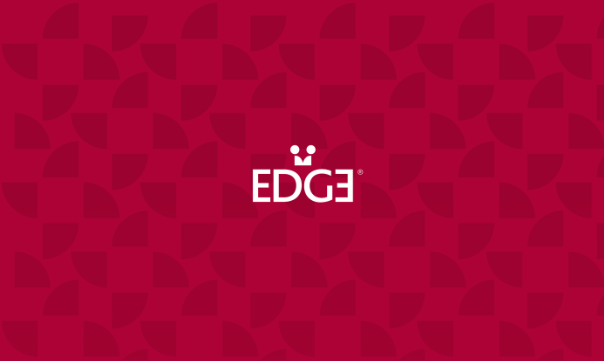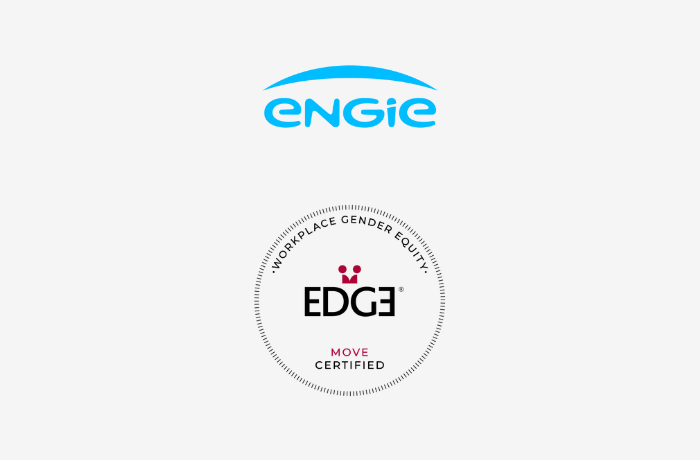In July 2021, the Italian government introduced its National Strategy on Gender Equality 2021-2025. It is closely related to Italy’s National Recovery and Resilience Plan, designed to help Italy overcome the economic devastation wrought by COVID-19.
It is well-documented that working women can contribute significantly to a country’s economy. Yet, female employment levels in Italy are among the lowest in Europe, just above Greece and Malta. The proportion of females in active employment is 57.6% and the second lowest in Europe. The average pay difference is under 10%, lower than the European average of 16%, but the Italian authorities feel that this seemingly positive data is skewed, because women in the workforce tend to be those having completed higher education. Italy, it seems, has a considerable amount of untapped economic potential, and the government is keen to encourage industry to embrace gender equality and the opportunity it provides for companies and the country to grow.
Unlike other parts of Europe, Italy’s reporting requirements were developed by UNI, Italy’s representative on the International Organization of Standardization (IOS), coordinated by the Department for Equal Opportunities, and with participation of the Department for Family Policies, the Ministry of Economy and Finance, the Labour and Social Policies, the Ministry of Economic Development, and the National Equality Councillor. The UNI/PdR 125:2022 document guides companies toward creating robust management systems (comprising strategy, governance, policies & processes, and metrics) for building gender equality in the workplace. EDGE Certification guides a similar robust system and measurement approach and can effectively support organizations to meet the Italian government demands. Through the EDGE Certification action plan, the EDGE journey also drives the continuous improvement of gender equality of companies so that they remain at the forefront of Italian regulation assessment and certification processes as they evolve over time.
Incentivising Certification
The government uses two incentives to encourage companies to improve gender equality. Firstly, by law, Italian companies or Italian subsidiaries will need to report on gender equality every two years to achieve and maintain government certification. Secondly, only certified companies will be eligible to receive welfare payment reductions and bonuses if applying for public tenders.
Those levers seem to be working. Since July 2022, many companies have been actively and voluntarily reporting and have had the results audited so that they can receive the Italian government’s certification. But compliance by itself does not bring about transformation and change.
One of the underlying principles of EDGE Certification is that to accelerate progress in DE&I, a strategy and an action plan with strict monitoring procedures are needed. Yet, these components are not fully apparent in the Italian gender equality reporting requirements.
The Measure of DE&I
The UNI/PdR 125:2022 document details six indicator areas or categories that are being used to measure how well an organization is creating a diverse and inclusive work environment. All of these indicator areas are covered in the EDGE Certification methodology. They are detailed in the table below:
| Indicator Area | Overview of Key Requirements |
|---|---|
| Culture and Strategy | Strategic plan outlining internal procedures that allow employees to participate in discussions about equality that contribute to an inclusive culture. The plan shall be structured on six key themes (Selection and Recruitment; Career Management; Pay Equity; Parenting and Care; Work-Life Balance; Sexual Harassment and Discrimination Prevention). |
| Governance | A dedicated group within the organization set up with the organizational power, responsibility, budget, and resources, along with board-level support to ensure the equality objectives are achieved. |
| Human Resources Processes | Policies and processes that support gender equality and integration from the recruitment phase right through the employment life-cycle of staff. Scope to include the areas of succession planning, equal training opportunities, parental leave, and protection against harassment. |
| Opportunities for Growth and Inclusion of Women | Statistical data notably covering the percentage of women in the workforce; the percentage of women in junior and senior management roles; and the percentage of women who have revenue-generating roles or profit and loss responsibility. |
| Gender Pay Equity | Pay gap between average male and female earnings for the same job/role is less than 10% and decreasing in subsequent years. This indicator area also looks at the percentage of women promoted with respect to the total number of women in the workforce versus men for the same indicator. |
| Parental Protection and Work-Life Balance | Policies, in addition to the reference national labour contract, dedicated to the protection of maternity/paternity and services to facilitate the work-life time balance of staff. This area also measures the availability of and uptake of paid paternal leave. |
Accelerating Change
Each year the workforce must be monitored and measured. To achieve or maintain government certification, organizations must achieve an overall indicator score of 60% or more. However, it is likely the government will change the scoring over time, adjusting it in response to the previous year’s results, and presumably using it as another lever to drive change.
Much of the UNI/PdR 125:2022 uses some simple baseline measures of the gender balance in an organization, but the data collected and the processes and policies created go some way towards achieving EDGE Certification, which can then be used to build a more robust approach to DE&I. EDGE Certification helps organizations to accelerate change and provides a roadmap for continually improving gender equality and staying at the forefront of Italy’s evolving gender equality regulations, it also enhances a company’s global reputation and competitive standing.



